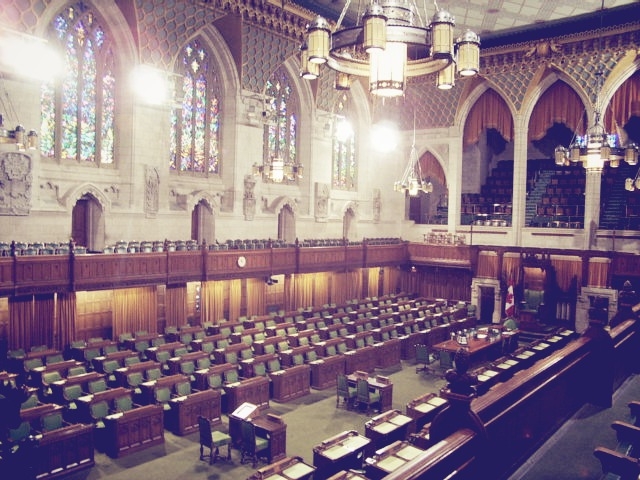Elections law enforcement starts with a strong Commissioner, who has the independent authority to investigate offences. The Fair Elections Act empowers law enforcement by giving him sharper teeth, a longer reach and a freer hand. Sharper teeth means tougher penalties for existing offences which has received broad support from parliamentarians, experts and Canadians. Longer reach means empowering the Commissioner with more than a dozen new offences to combat big money, rogue calls and fraudulent and illegal voting. This includes making it an offence for anyone to provide false information in the course of an investigation or to obstruct a person conducting an investigation. Another home run. Finally, a freer hand means the Commissioner will have full independence, with control of his or her staff and investigations, and a fixed-term of seven years, so he or she cannot be fired without cause. Consistent with separating administration from enforcement, the Fair Elections Act will house the Commissioner within the office of the Director of Public Prosecutions. Let’s pause here. Under the existing Act, there are 34 offences that deal with the conduct of Elections Canada officials. How can the Commissioner independently investigate them, when he works for Elections Canada? The CEO of Elections Canada currently directs the Commissioner’s investigations, controls his staffing, budget, and can fire him at anytime. How can the Commissioner credibly investigate an agency that he works for? In removing the Commissioner from within Elections Canada, the Fair Elections Act will further increase the separation between the administration of elections and the investigation of potential offences under the Act.
It doesn’t stop there. Not only would the Commissioner maintain his powers and functions, the Fair Elections Act will now give him status as a deputy head for the purposes of managing human resources, allowing him to make his own staffing decisions and direct his investigations independently of the DPP and Elections Canada. This means he would have the ability to initiate his own investigations against all those bound by the Canada Elections Act, including Elections Canada officials, and investigate any matter if he believes there has been a possible violation of the law. The CEO of Elections Canada continues to have the ability to report any allegations of wrongdoing, just like all Canadians do, to the Commissioner for investigation.
So now the Commissioner will be housed within the office of the Director of Public Prosecutions. What does that mean for the Commissioner as he carries out his duties? Well, the two will continue to be independent from one another, but will share the goal of upholding our elections laws. The proposed subsection 510(3) of the Fair Elections Act in clause 108 clearly states that “The Commissioner is to conduct the investigation independently of the Director of Public Prosecution”. Housing the Commissioner in the office of the DPP makes sense. In fact, for the last seven years, the Director of Public Prosecutions has had the responsibility for laying all charges under the Canada Elections Act. In other words, before the Fair Elections Act was adopted, the DPP was already in charge of prosecuting its offences and no one has complained about the job he did.
The DPP is independent as well. He is appointed on the advice of a committee that contains all parties, numerous non-partisan public servants and a representative of the law society. He can only be removed through a vote of the House of Commons. Additionally, Section 2 of the Director of Public Prosecutions Act explicitly forbids the Attorney General/Justice Minister from having any involvement in prosecutions related to the Canada Elections Act.
The Fair Elections Act proposes that the existing Commissioner, Yves Côté, remain in the role for the next five years. This is the commissioner that the CEO of Elections Canada, not the government, appointed. This will allow for all current investigations to continue uninterrupted. There could be as many as two more elections before he retires from that role. Once he retires, future appointees will hold the position for a non-renewable 7 year fixed term and will be appointed by the DPP. The Fair Elections Act will ensure that the Commissioner has the ability to continue the important work of protecting the integrity of Canadian democracy. It will give the Commissioner sharper teeth, a longer reach and a freer hand. That means tougher penalties and absolute independence in enforcing them.

